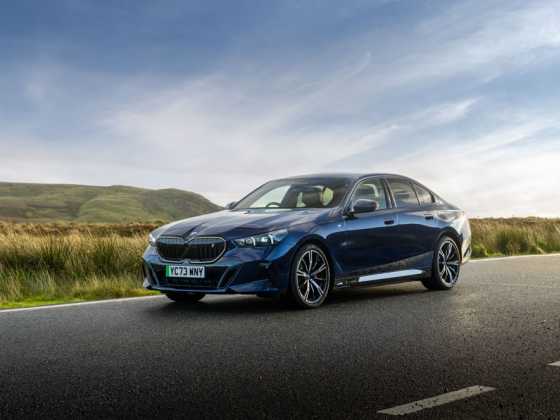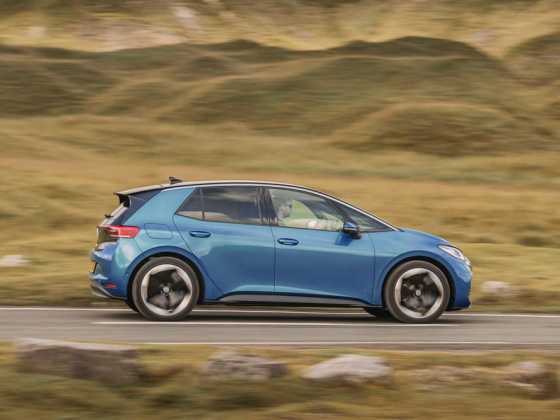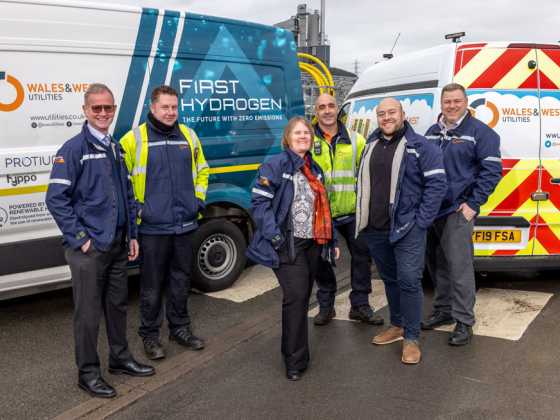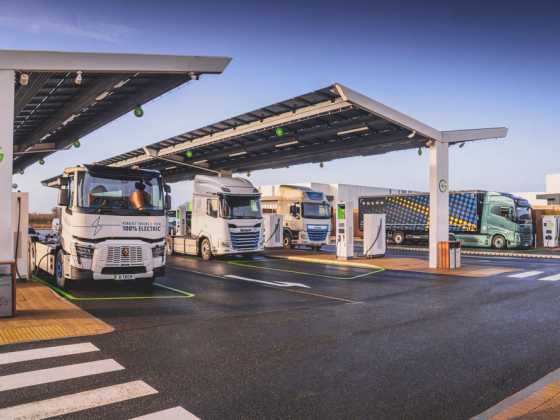A manifesto of industry priorities

The leasing, rental and fleet sector plays a significant role in the UK economy and other areas of government policy, such as air quality, road safety and cost effective transport. The BVRLA has therefore written a manifesto setting out the industry’s priorities for the new government. GreenFleet shares the main points
The British Vehicle Rental and Leasing Association (BVRLA) has written a manifesto, setting out its priorities for the new parliament, once everything has settled after the general election. The manifesto covers emissions, air quality, road safety, Brexit, red tape and connected cars, and was sent out to the three major parties before the general election took place.
The BVRLA points out that its 900 members have a combined purchasing power for around a million new vehicle sales every year, contributing over £25 billion to the economy and directly employing more than 10,000 people in the UK.
Air quality
The report acknowledges that air pollution is a major health risk and that transport is responsible for 80 per cent of nitrogen oxide pollutants in the worst air quality areas, most of which is related to emissions from vehicles.
The BVRLA therefore urges the government to take action on air quality as soon as possible. However it would like to see the issue approached carefully, with a mix of incentives and restrictions that encourage sustainable travel. It stresses, however, that any air quality measures do not punish motorists for decisions that they have already made based on previous policy.
Regarding the Clean Air Zone (CAZ) Framework, the report asks that the government provides additional guidance to ensure consistency in terms of standards, enforcement, timescales and penalties for non-compliance.
Businesses need to be fully informed about CAZs through a clear and engaging campaign, and the BVRLA suggests that both national and local government should promote vehicle rental, leasing and car clubs as potential solutions for those affected by the new standards.
With regards to a possible diesel scrappage scheme, the BVRLA believes it needs to be flexible and targeted, and provide assistance for companies looking to replace or retrofit older, more polluting commercial vehicles. This scheme should also incentivise private car owners to swap their existing car for a pure electric alternative, or give up their vehicles to use more sustainable modes of transport, such as car rental and car clubs.
What’s more, the BVRLA’s manifesto recommends that the government continues to fund the Plug-in‑Car and Plug-in-Van Grants, gradually adjusting the CO2 emissions and zero-emission requirements to ensure that the incentive keeps pace with advances in technology.
Regarding tax and emissions, the manifesto calls on the government to carry out a wholesale review of company car taxation, recognising the benefits of company cars in terms of reduced emissions and revenue to HM Treasury.
Leaving the EU
Regarding Brexit, the BVRLA has consulted with its members and urges the government to push for a barrier free relationship with its most important trading partner. It says the UK should try to remain a member of the European Economic Area, or otherwise secure a tariff free access to the single market. In the event that the government can not remain in the EEA, a trade preference scheme must be established with the remaining EU member states.
The manifesto goes on to say the UK needs a clear plan for regulation that provides certainty in the short-term, and balances the need for simplicity and equal access to opportunity over the longer term. This is particularly important for the commercial vehicle sector, where EU Regulations and Directives govern the transportation of goods and vehicle standards.
What’s more, the BVRLA highlights the need for a balanced migration system that enables businesses to access the skills and labour they need to grow and innovate.
Road safety and red tape
The BVRLA report acknowledges that although UK roads are among the safest in the world, accidents still produce an unacceptable number of deaths and injuries each year, while costing the economy billions of pounds. It says that advances in vehicle technology have created an opportunity for the government to work with the fleet sector in drastically reducing their road accidents. It strongly recommends that Autonomous Emergency Braking is a mandatory fitment in all cars and vans, as it is for all HGVs registered in the European Union.
The report goes on to say that the UK fleet and logistics sectors is constrained by red tape and regulations that are either unfit for purpose or are no longer relevant. It therefore urges for removal of the need for commercial vehicle examiners to be directly employed by the Driver and Vehicle Standards Agency, and provide HGV testing via the same MOT testing model available for private cars and light commercial vehicles. It also calls for the driver CPC exemption criteria to be raised, exempting people that are moving commercial vehicles within a 100km
radius for non-hire or reward purposes.
Technology
The BVRLA says that the industry needs to be able to get full potential from connected vehicles and the data it creates. To make this happen, the UK needs common technology standards and a regulatory framework that
maintains an innovative and competitive market for automotive products and services.
It suggests the government collaborates with its counterparts in Europe to ensure that Type Approval and Block Exemption legislation is revised and updated to reflect the emergence of a new market for connected vehicle data. These two pieces of legislation could play a vital role in ensuring that vehicle manufacturers do not gain a
position of unfair market dominance through their privileged access to data.
It recommends setting up a Mobility Data Hub to provide a neutral voice advocating and providing guidance to realise the full potential of connected vehicles and their data. This would ensure fleet operators, OEMs and third-party suppliers can share data in an open, secure and fair way.
Commenting on the launch of the manifesto, BVRLA Chief Executive Gerry Keaney said: “It is essential that the new government understands the vital role our members’ huge purchasing power can play in delivering safer, sustainable and more cost-efficient road transport.
Policymakers face a real challenge, not just in terms of Brexit, but also in how the UK embraces the move towards data‑driven mobility services. We believe this manifesto will ensure the big issues for our industry aren’t forgotten about.”






